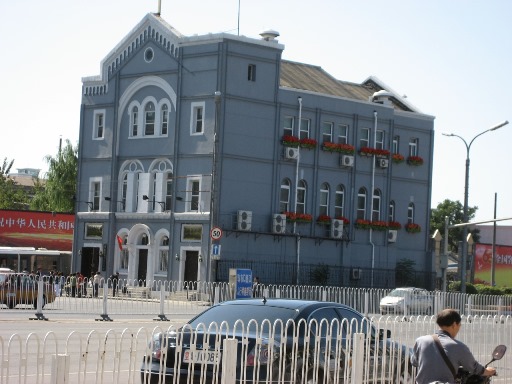The Future of the Church in China: Why China’s House Churches will Prevail
The artificial and contrived nature of the TSPM churches’ “post-denominational unity” was recently illustrated for me in vivid fashion by a friend, Pastor Huang, who pastors a local house church. Pastor Huang is associated with the China Gospel Fellowship (CGF), one of the larger house church networks in China. Pastor Huang told me that early in 2016 the leader of the CGF, Uncle Shen, met with the President of China, Xi Jin Ping. In this conversation, Xi Jin Ping purportedly asked Uncle Shen, with respect to the government’s policy toward Christianity, which of three paths he would prefer China to travel. The first path would eliminate the TSPM and only allow for house churches. The second path would allow for both the TSPM and the house churches, with each on equal footing. The third path would call for the house churches to become a part of the TSPM. Apparently Uncle Shen answered, “Not path one, not path three, but path two is my preference.”
China’s leaders are intent on restricting … house church groups.
In this essay I want to explain why I feel this to be the case. More specifically, I will describe why I believe the house church movement reflects a more indigenous expression of the faith in China and, as a result, why I believe that it ultimately will prevail. I will do so by comparing the TSPM churches and the house churches in three key areas: church structure, theology, and worship patterns.
1. Church Structure
The TSPM
A few years ago a student at the local TSPM seminary approached me and asked if I would be willing to mentor and teach him. He was frustrated by his courses at the local TSPM seminary. He feels that the seminary’s “post-denominational” curriculum, which describes various positions on theological topics (e.g., Lutheran, Presbyterian, etc.), is confusing for young students. The various positions, which appeared to him to be contradictory at times, left most students confused and bewildered. “They don’t know what they should believe,” he stated. This young man yearns for a tradition, a clear and consistent body of doctrine, upon which to base his ministry. So, he came to me and said, “I want to know what you believe.”

A TSPM church building.
If the TSPM and the house churches were allowed equal footing, the TSPM churches would experience tremendous change or they would cease to exist.
Category: Ministry, Winter 2017


